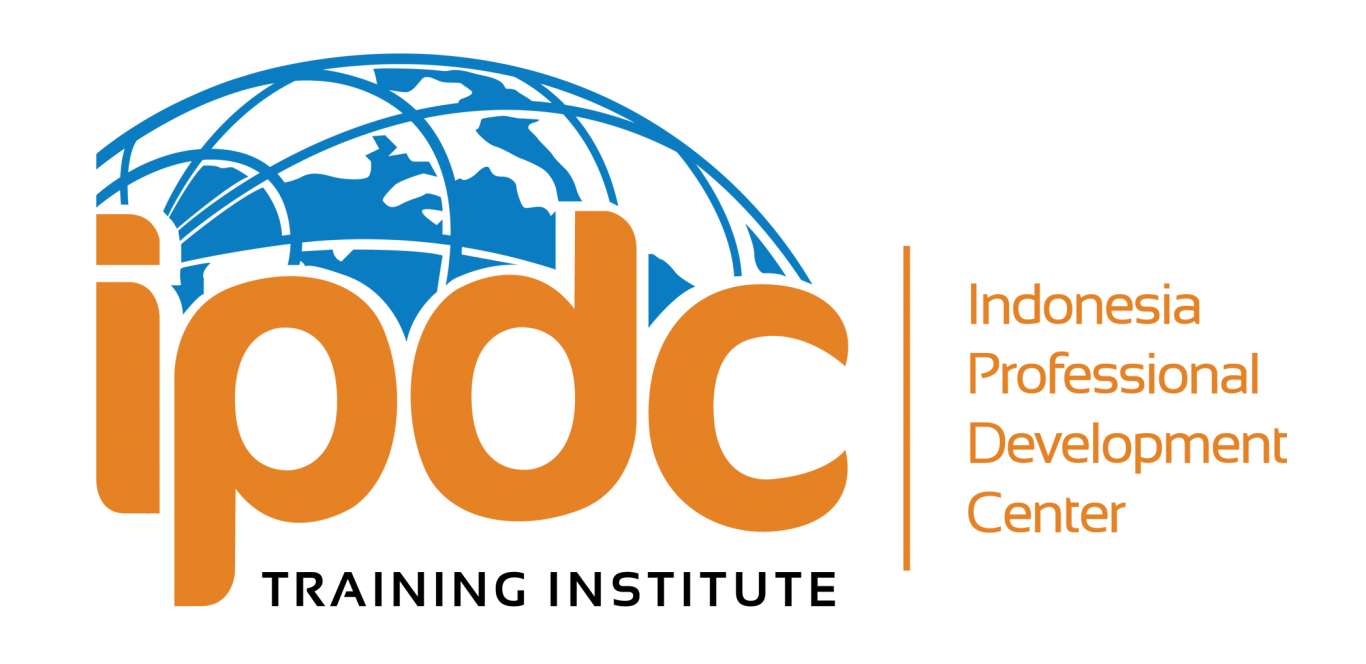Oil & Gas's Procurement Practice in Indonesia
- Febryansyah Febryansyah
- Jan 25, 2024
- 2 min read

Procurement practices in the oil and gas industry in Indonesia involve the acquisition of goods, services, and equipment necessary for exploration, production, and other operational activities. These practices are influenced by industry regulations, market dynamics, and the specific needs of oil and gas companies operating in the region. Here are key aspects of procurement practices in the oil and gas industry in Indonesia:
1. Regulatory Compliance:
Procurement activities in the oil and gas sector in Indonesia are subject to regulations set by the government and regulatory bodies. Compliance with these regulations is a critical aspect of procurement practices, and companies need to ensure that their procurement processes adhere to legal requirements.
2. Local Content Requirements:
Indonesia has implemented local content requirements to encourage the participation of local businesses in the oil and gas industry. Procurement practices often include efforts to meet these requirements by sourcing goods and services locally, fostering economic development in the region.
3. Tendering and Bidding Process:
The procurement process typically involves a tendering and bidding system where suppliers submit proposals in response to requests for proposals (RFPs). This competitive process helps ensure transparency, efficiency, and fair competition among suppliers.
4. Supplier Relationship Management:
Building and maintaining strong relationships with suppliers is crucial. Procurement practices focus on selecting reliable suppliers, negotiating contracts, and managing ongoing relationships to ensure a secure and efficient supply chain.
5. Risk Management:
Given the complexities and uncertainties in the oil and gas industry, procurement practices include robust risk management strategies. This involves assessing and mitigating risks associated with suppliers, market fluctuations, geopolitical factors, and other variables that may impact the supply chain.
6. Technology Adoption:
Procurement practices in the industry may involve the adoption of technology to streamline processes. This could include the use of procurement software, e-procurement platforms, and data analytics to enhance efficiency, transparency, and decision-making.
7. Quality and Safety Standards:
Oil and gas companies prioritize the procurement of goods and services that meet high quality and safety standards. Procurement practices include stringent evaluation processes to ensure that suppliers adhere to industry-specific quality and safety requirements.
8. Long-Term Agreements and Contracts:
Due to the long-term nature of many projects in the oil and gas industry, procurement practices often involve negotiating and establishing long-term agreements and contracts with suppliers. These agreements provide stability and predictability in the supply chain.
9. Environmental and Social Responsibility:
Procurement practices increasingly consider environmental and social responsibility factors. Companies may prioritize suppliers with sustainable practices, and procurement decisions may take into account the environmental and social impact of the goods and services being acquired.
10. Cost Management and Optimization:
Cost management is a critical aspect of procurement practices. Companies aim to optimize costs while ensuring the quality and reliability of goods and services. This may involve negotiations, bulk purchasing, and other strategies to achieve cost efficiencies.
11. Training and Capacity Building:
Some procurement practices may include initiatives to train and build the capacity of local suppliers. This helps strengthen the local supply chain and aligns with broader goals of sustainable development and community engagement.
Understanding and adapting to the unique challenges and opportunities in the Indonesian oil and gas sector, including regulatory requirements and local content considerations, are essential for effective procurement practices in this industry. Companies that integrate these considerations into their procurement strategies are better positioned for success in the dynamic and evolving oil and gas landscape in Indonesia.





